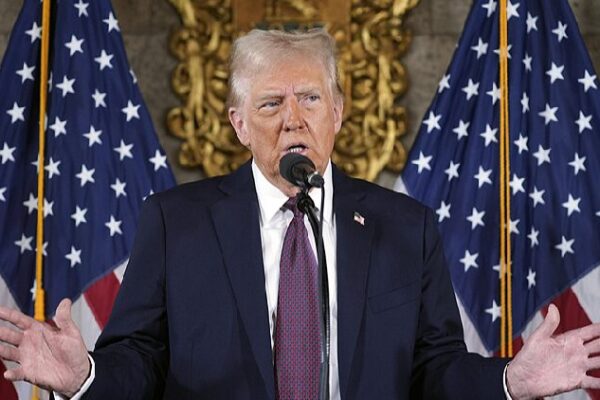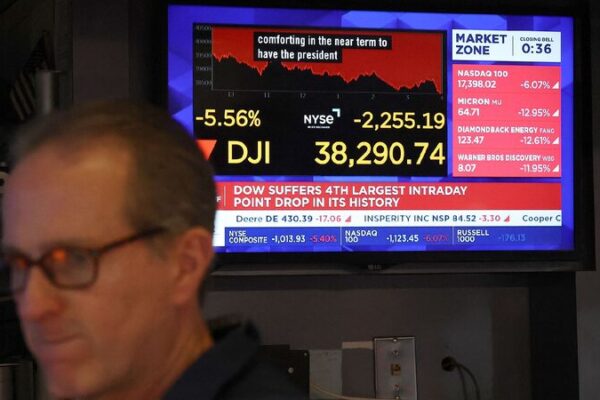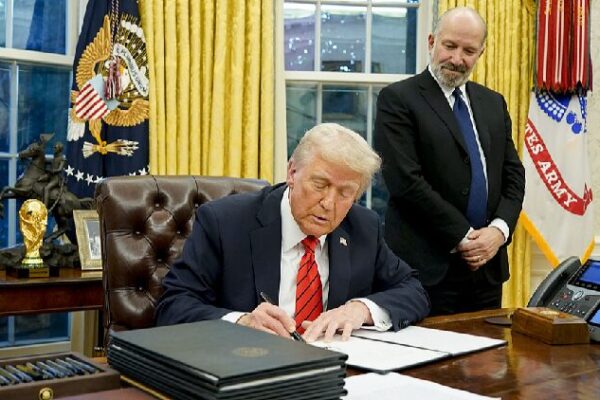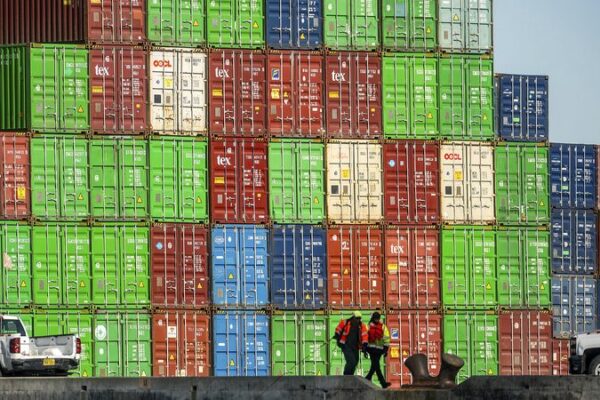U.S. Tariffs Shake Up Global Trade: What’s at Stake?
The recent announcement by U.S. President Donald Trump to implement new reciprocal tariffs has sent shockwaves through the global economy. These tariffs include a baseline 10% fee on all U.S. imports, with even higher rates for certain countries—34% on China, 20% on the European Union, and 24% on Japan. Additionally, a 25% tariff has been placed on foreign cars and auto parts.
Impact on Global Trade
Tariffs are taxes on imported goods, and when they’re increased, it often leads to higher prices for consumers and disruptions in the supply chain. Countries affected by these tariffs are likely to respond with their own measures, leading to a potential trade war. For example, the European Union has hinted at imposing tariffs on iconic U.S. products like motorcycles and jeans. Similarly, China may target U.S. agricultural and technology exports.
Effects on Jobs and Prices
These tariff battles can have real-world impacts on jobs and the cost of goods. Industries that rely on global supply chains might face higher production costs, leading to increased prices for everyday items. In the past, companies like motorcycle manufacturer Harley-Davidson considered moving production overseas to avoid retaliatory tariffs, affecting jobs at home.
Global Ripple Effects
Emerging markets in Asia, Africa, and Latin America could feel the strain as global trade slows down. Countries in the Global South, many of which depend on exporting goods to larger economies, might see reduced demand for their products. This could impact employment and economic growth in these regions.
Looking Ahead
While the goal of these tariffs is to bolster the domestic economy, the interconnected nature of today’s world means that such policies can have far-reaching consequences. It’s important for young people around the globe to understand these dynamics, as they can affect everything from job prospects to the prices of goods.
The situation highlights the need for collaborative solutions in addressing trade issues, rather than unilateral actions that can lead to broader economic challenges.
Reference(s):
cgtn.com








